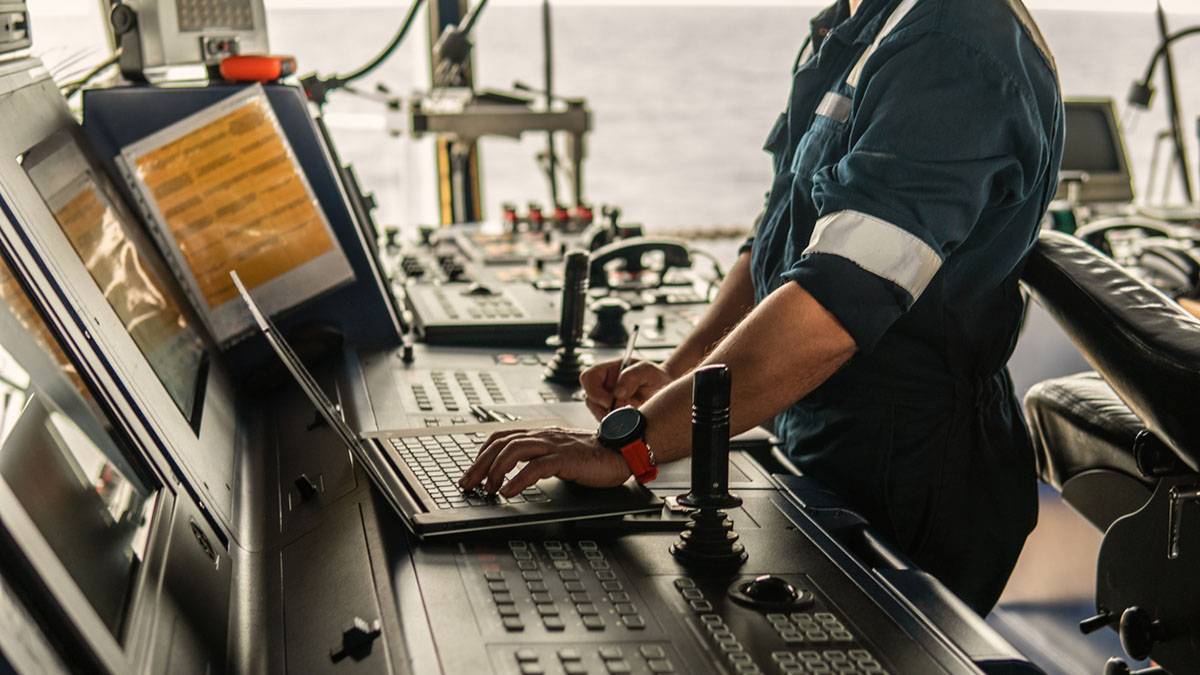Fleet Size
Need
Vessel Type
Migration
About Us
The Importance of Maintenance Systems in Vessel Management
How you Can Optimize Ship Management through Predictive or Preventive Maintenance. It is not difficult to assume the adverse environmental and technical conditions vessels have to face during operation. Just as your phone requires charging.
It is not difficult to assume the adverse environmental and technical conditions vessels have to face during operation. Just as your phone requires charging now and then, marine vessels mandate continuous maintenance structures to ensure effective operation. However, a ship can experience equipment or machinery failures at any given moment, which is why periodic maintenance methods or planning for maintenance at certain intervals may not be sufficient. Preventive measures are significant to extend the fleet's operational lifetime, and an excellent way to do this is predictive maintenance systems. Here are different types of ship maintenance programs and how predictive maintenance can boost the efficiency of vessels and save on potential repairs.
What are Different Types of Ship Maintenance Programs?
Preventive Maintenance
Crew members conduct conditional analysis and create a maintenance schedule to maintain equipment in good operational conditions. In addition, they carry out inspections and enforce preventive measures accordingly, including periodic cleaning and lubrication of mechanical components, surface coatings, and preparation per climate solutions.
Planned Maintenance System
This system determines a typical time frame for systematic monitoring, including periodic overhauling, machinery replacements, and inspections.
Corrective Maintenance
This system refers to repairing the ship machinery that fails during operation.
Predictive Maintenance
Predictive maintenance involves the proactive and nonintrusive analysis of ship machinery or equipment in a condition-based system. The procedure continuously monitors mechanical systems, statistical processes, and manifest ship components that may need corrective maintenance. This system involves corona detection, vibration analysis, infrared, acoustics, oil analysis, and similar test conditions.
How does Predictive Maintenance Help Marine Vessel Operations?
With predictive maintenance, you have the power to schedule corrective maintenance before the vessel is fully operating actively. Once the ship sets out to the water, it becomes challenging and pricey to perform these repairs. This technology helps crew members predict the periodic maintenance cycles of the ship's machinery to predict incoming failures. With predictive maintenance, you can also optimize stock operations, save energy, reduce costs, improve general efficiency, enhance productivity and ensure minimized component failures.
Although preventive maintenance systems are significant for the vessel's lifetime, it is essential to familiarize oneself with predictive maintenance systems. Some accidents or failures are difficult to avoid, and predictive and preventive maintenance can complement each other. With predictive maintenance, you can go above the schedule-based nature preventative maintenance operates under and monitor in-service equipment to notify the crew of components that need attention.
How does Navatom's Planned Maintenance System Help?
A ship management company should be functioning under the primary goal of reducing operational expenses, also known as OPEX. Running an efficient and comprehensive planned maintenance system is the number one step of minimizing OPEX. Although such systems are necessary, they may be too intricate or challenging to integrate into your system. Here, you can apply to ship management and maintenance software solutions like
Which can help you initiate maintenance at the right time with the necessary control mechanisms to yield optimum results in machinery life while decreasing spare part usage. Discover more about implementing tailored maintenance structures for your vessel.